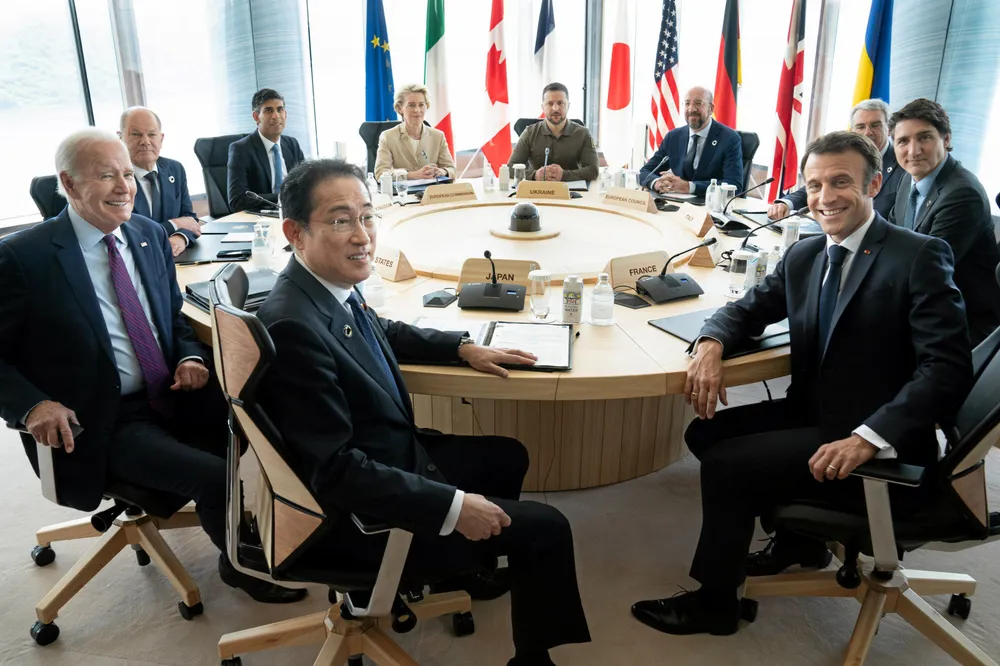G7 leaders: 'Prioritise hydrogen use in industry and transport — and new fossil gas infrastructure'
Heads of state, including Joe Biden and Emmanuel Macron, back climate ministers’ call to champion H2 demand in hard-to-abate sectors

Heads of state, including Joe Biden and Emmanuel Macron, back climate ministers’ call to champion H2 demand in hard-to-abate sectors
